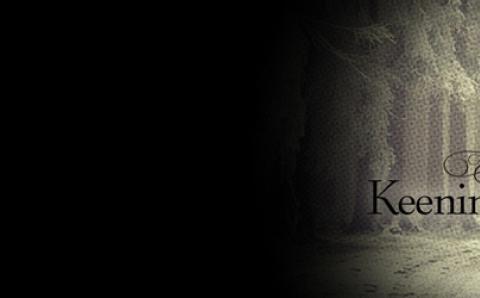Editor’s note: This is one of an occasional series of reflections by people on how they live out their Reformed faith in their daily work.
“The heavens declare the glory of God; the skies proclaim the work of his hands” (Ps.19:1). Creation itself reveals God’s handiwork as Creator. Scientific formulas and mathematical patterns give evidence to God’s eloquent design as we study his creation more and more deeply. As Christians, we all can agree that God is the Creator, and we are witness to his beautiful design. But when it comes to the how of creation, there are conflicting opinions.
As a doctor, I have a strong background and training in the sciences. Raised as a Christian, I was taught that God is the Creator. In my science education, I learned the theories of an old earth, natural selection, and more. At my church I was taught that God created the whole universe as we see it in seven days. Simultaneously, my parents, professors, and teachers often reminded me that we can better understand God and his creation through the gift of science. But whenever the issues of the origins of creation are raised, there seems to be an underlying fear that God is being taken out of the picture.
The more I engaged with these issues, the more confusing they appeared. One could either be a “creationist” who does not believe in evolution or an “evolutionist” who does not believe in a Creator. These two choices left me unsettled. It’s a struggle faced by many young Christians: Either believe in God the Creator, or accept evolution without God. Accepting both old earth/evolutionary theory along with the Creator never seemed like an option. These mixed messages made it difficult to reconcile faith and science.
For one friend, it was impossible. Growing up, he dreamed of becoming a paleontologist, but he never pursued this as a career. He assumed that accepting scientific theory meant rejecting his faith. This unhealthy dichotomy, where God is removed from scientific knowledge, can prevent young Christians from pursuing their vocational calling into the sciences.
In my work, looking at scientific evidence without God doesn’t make sense. Statistically it is improbable that the world came into being as it is by pure chance. Through the years, I have been able to reconcile the apparent conflict between faith and science through careful study, debate, and prayer. Regardless of what conclusions we draw regarding the how of creation, we cannot argue the fact that God had a hand in it, no matter how he chose to do it.
As Christians, we all are creationists—we believe God created. Some believe God chose to create the world in seven days; others believe God created it over billions of years, using evolution as a tool. It doesn’t really matter where we fall on this spectrum.
What does matter is how we choose to act based on our decision. No matter what our career may be, we are called to love one another and bring healing to this broken creation. Even though our worldviews may differ based on education, upbringing, or vocation, one thing is clear: God created. So there is no conflict between faith and science. Instead the two forms of revelation—God’s Word and God’s world—complement each other.
At the core, Christians believe that God is the Creator. That’s the message we share with those who have not yet met the Great Architect.
Web Questions
- Phillips claims that “Creation itself reveals God’s handiwork as Creator.” What kinds of things does the creation reveal about God?
- What are some of the conflicting positions Christians take on the matter of how God created the universe and us as human beings? How do we decide which positions are right—or at least plausible?
- What are some of the conflicts medical students might experience in their training if they were taught to believe in a literal six-day creation that took place some 5,000 years ago? How would you help them deal with those conflicts?
- Do you agree with Phillips that the problem of origins is not an “either-or proposition?” Can the evidence of Scriptural revelation and creation revelation be reconciled? How?
- Why does Phillips conclude that “In my work, looking at scientific evidence without God doesn’t make sense”? Do you agree with his conclusion? Why or why not?
- Do you believe it’s OK for Christian Reformed believers to have widely different views of how God created the world as long as we agree that God purposefully did that creating? If you believe it’s not OK, then how should we proceed together? If you believe it is OK, then how can and should we meaningfully interact with each other on this topic?
About the Author
Joel Phillips is a neurology resident at Henry Ford Hospital in Detroit, Mich., and a member of Dearborn Christian Fellowship.




